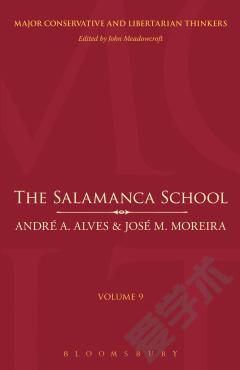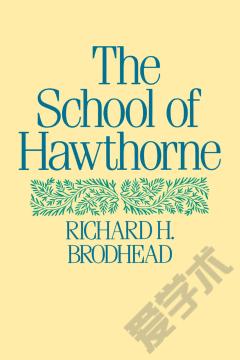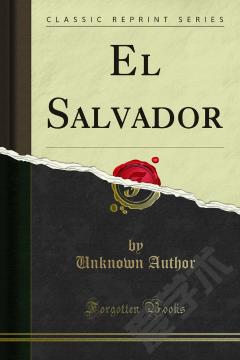The Salamanca School
Series Introduction Series Editor's Preface Chapter 1 - Historical context and intellectual biography What is the 'School of Salamanca'? The political and intellectual context of the School of Salamanca The decline of scholasticism Some key authors of the School of Salamanca Francisco de VitoriaDomingo de SotoMartin de AzpilcuetaDiego de Covarrubias y LeyaTomas de MercadoBartolome de las Casas Luis de MolinaJuan de MarianaFrancisco Suarez Chapter 2 - Critical exposition Philosophical and political foundations of the School Thomism and Natural Law The European revival of Thomism and the Salamanca School Theological-political disputes Applied political thought Individual rights and the common good The state and the limits of political power Legitimate resistance and tyrannicide Church and state International law and developments in Just War theory The ethical and juridical framework of the market Private property and trade Just price and the subjective theory of value Usury and interest Theories of banking Monetary theory and inflation Taxation and public finance Chapter 3 - Reception and influence of the work The Salamanca School and the New World A revolutionary sermon in HispaniolaThe social experiments of Bartolome De Las CasasJust titles and the disputation between Las Casas and Sepulveda Assessing the legacy of Las Casas and the controversies over the New World Theological-political impact and influence on subsequent authors Chapter 4 - Relevance of the work today Political philosophy, law and history Political economy and the ethical foundations of the market Contemporary Catholic Social Thought International relations and war Concluding remarks BibliographyIndex
{{comment.content}}








 京公网安备 11010802027623号
京公网安备 11010802027623号